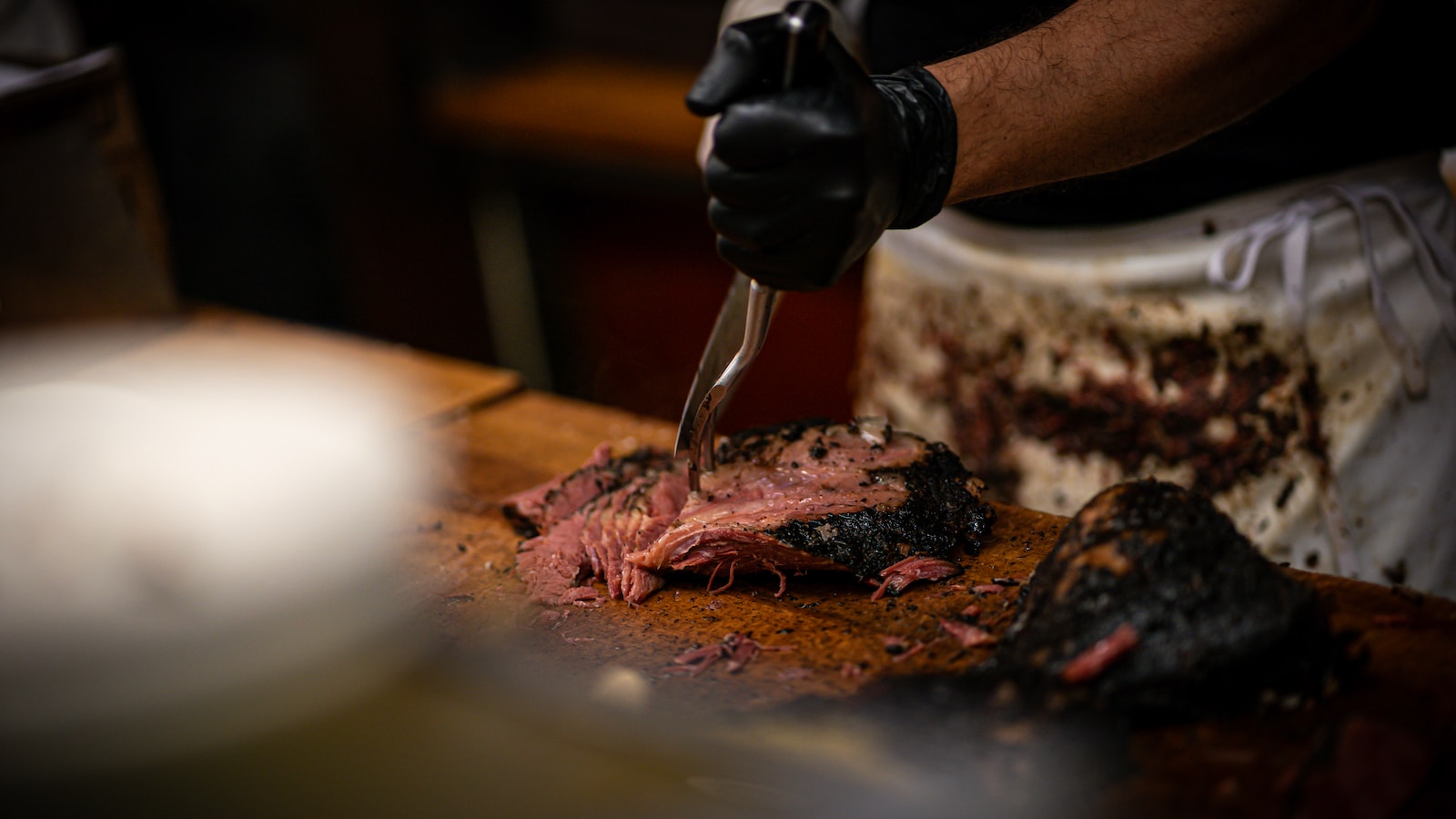
Halal Travel and Kosher Food
A Guide for Muslims
As-Salaam Alaikum Halal Nomads, in a world that often overlooks the diversity of dietary needs, Muslims find themselves on a quest to navigate the complexities of securing Halal food. As followers of Islamic dietary laws, Halal Nomads encounter a continuous struggle to strike a delicate balance between their religious convictions and the ever-evolving global culinary landscape. From bustling urban centres to small towns, the struggles to find food that adheres to Islamic dietary laws are both real and significant. This struggle is exasperated when travelling to non-Muslim majority countries.
The Fundamentals
Both halal and kosher practices serve as conduits for individuals to forge profound connections with their faith, culture, community and historical roots. These practices establish guidelines for those dedicated to adhering to their respective religion, and in certain instances, the realms of halal and kosher food consumption intersect.
The question arises: can Muslims consume kosher food?
The answer is not a straightforward affirmation; these two practices cannot be regarded as interchangeable.
Although both systems originate from rich religious traditions, kosher food is deeply embedded in Jewish culture and faith, with its qualifications derived from scriptures found in the Torah. Similarly, halal food finds its foundation in Islam and the teachings of the Quran. These religious traditions have given rise to the development of restaurants and food manufacturers that cater to adherents of kosher or halal principles.
The distinction lies in the specific guidelines outlined by each religious tradition. Understanding these regulations is essential for Muslims seeking to maintain a halal diet. It involves recognizing the intricate details of food processing, ingredients, and preparation methods in order to make informed choices aligned with Islamic dietary principles. By delving into the nuances of these practices, Muslims can navigate the landscape of permissible and forbidden foods, ensuring that their dietary choices resonate with their faith and cultural heritage.

The Relationship between Halal and Kosher
Jewish dietary laws explicitly state that everything falling under the umbrella of Halal is not considered Kosher, and vice versa. This distinction is of paramount importance, and in this article, we will highlight some of the profound differences.
Slaughtering
Although the ritualistic process of Kosher slaughtering (Shechita) resembles the Islamic practice of slaughtering (Dhabh), several notable differences exist.
In Halal, the name of Allah must be individually pronounced on each animal during slaughtering, as dictated by the Quran. On the contrary, Judaic practice requires reciting the name of God or grace once a day for all slaughters.
Kosher slaughtering mandates that only a specially appointed person (Shochet) conducts the ‘Shechita’. In contrast, any sane Muslim, male or female, acquainted with the process of slaughtering can carry out the Islamic slaughtering (Dhabh).
The theological perspectives on meat consumption differ. In Judaism, eating meat is considered a divine concession to human weakness and need, while Islam considers the entire cattle or sheep as Halal if duly slaughtered.
Significant distinctions between Kosher and Halal extend to the type of animal allowed to be consumed. For instance, Halal permits the consumption of camel, rabbit, shellfish, wild hens, goose, and duck, whereas these are forbidden according to Kashrut.
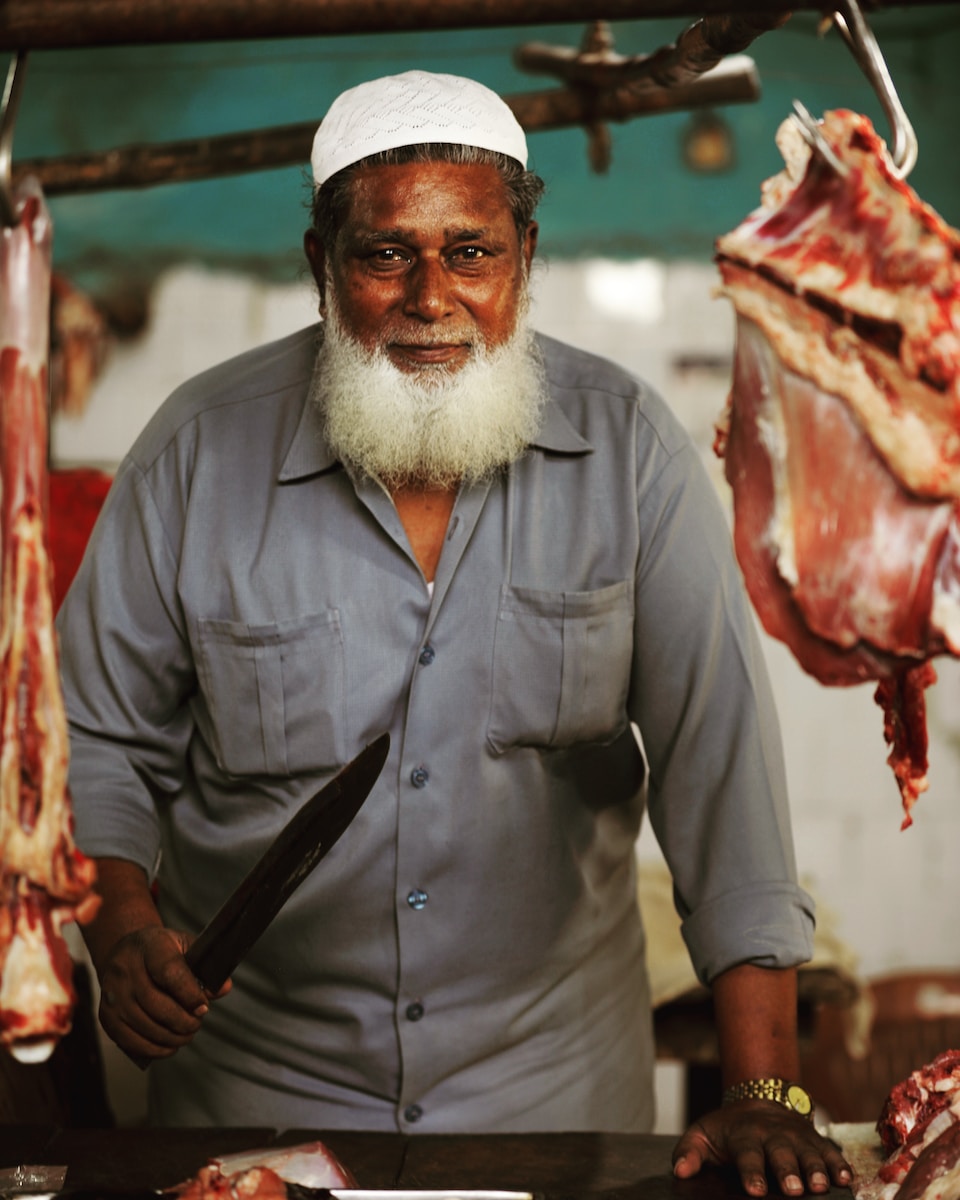

Intoxicating
Islam prohibits all intoxicating alcohols, liquors, wines, and drugs, but Kashrut regards some wines as Kosher.

Gelatin
Food items with Kosher symbols, like gelatin, may not necessarily be Halal. For gelatin to be considered Halal, it must be sourced from a Halal-harvested animal and produced according to Halal standards.
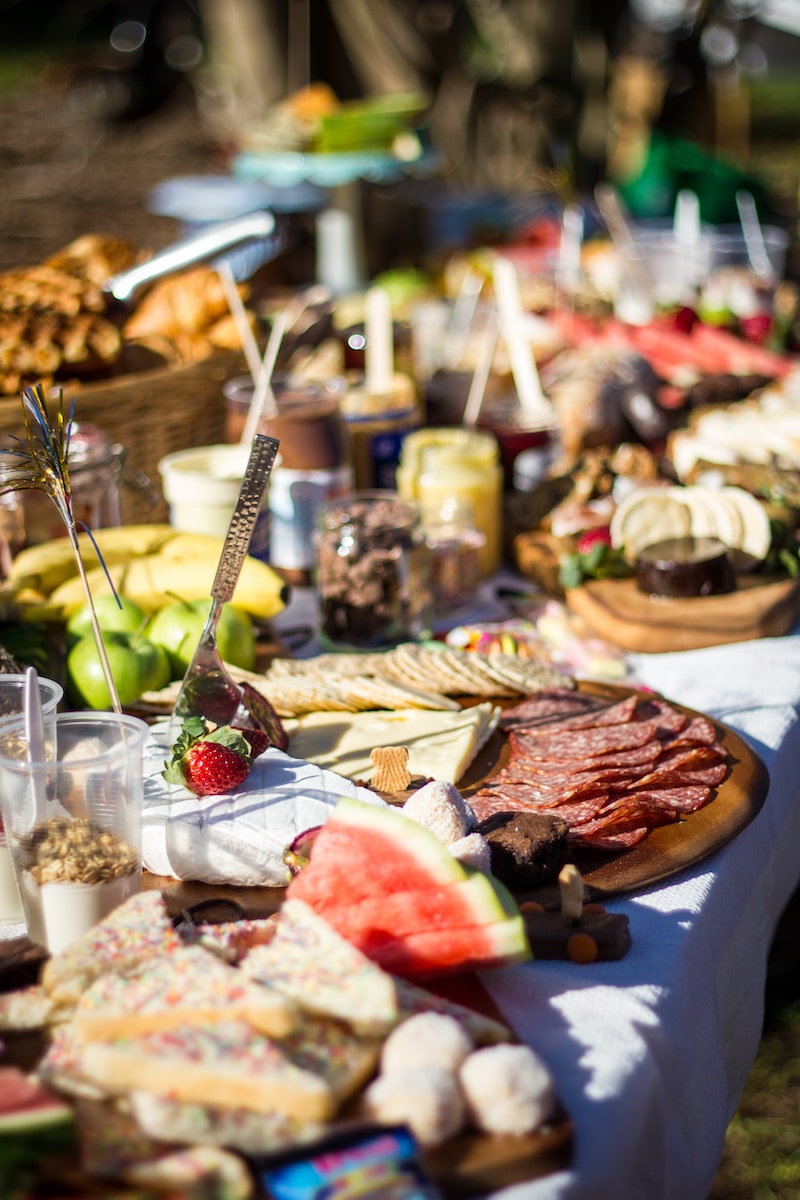
Dietary Practices
Judaism restricts the simultaneous consumption of meat and dairy, requiring separate dishes and utensils, while Islam does not impose such restrictions.
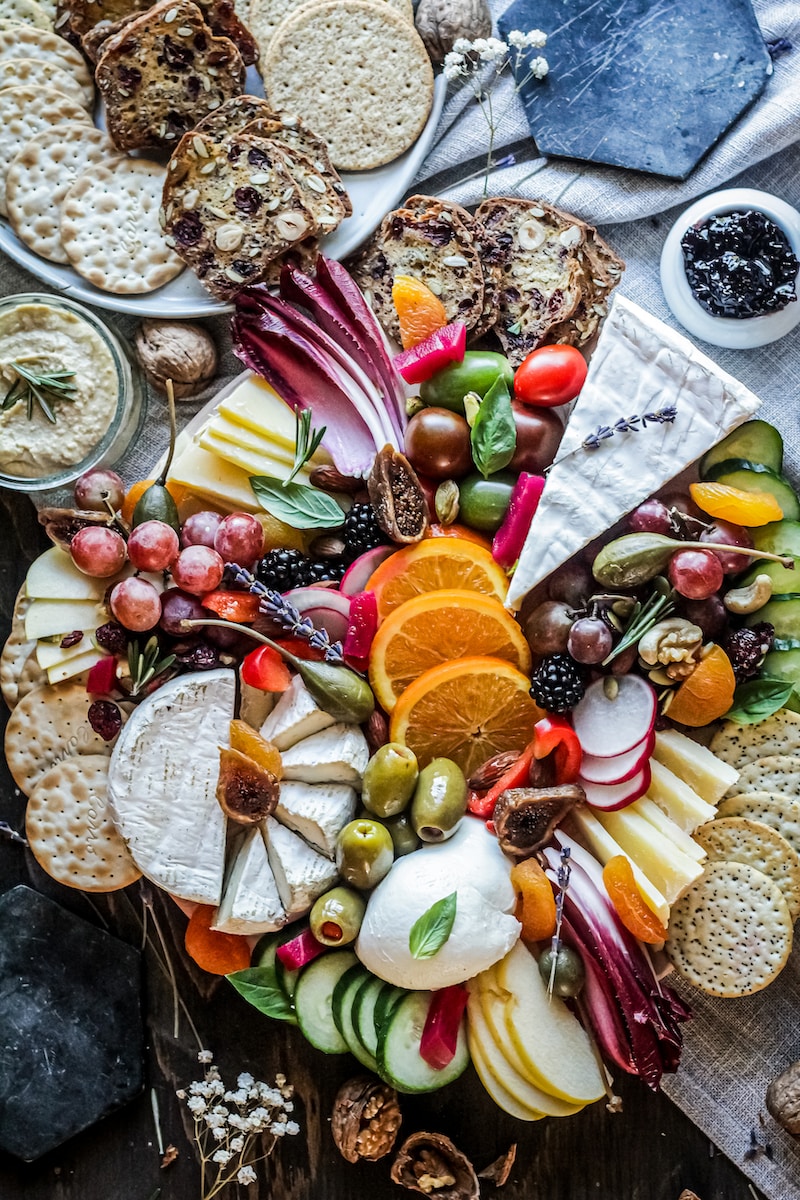
Cheese
Food items with Kosher symbols, like cheese, may not necessarily be Halal. One particular component employed in manufacturing cheese is rennet. For cheese to be considered Halal, it must be sourced from a Halal-harvested animal and produced according to Halal standards. One can get rennet from plants and animals.
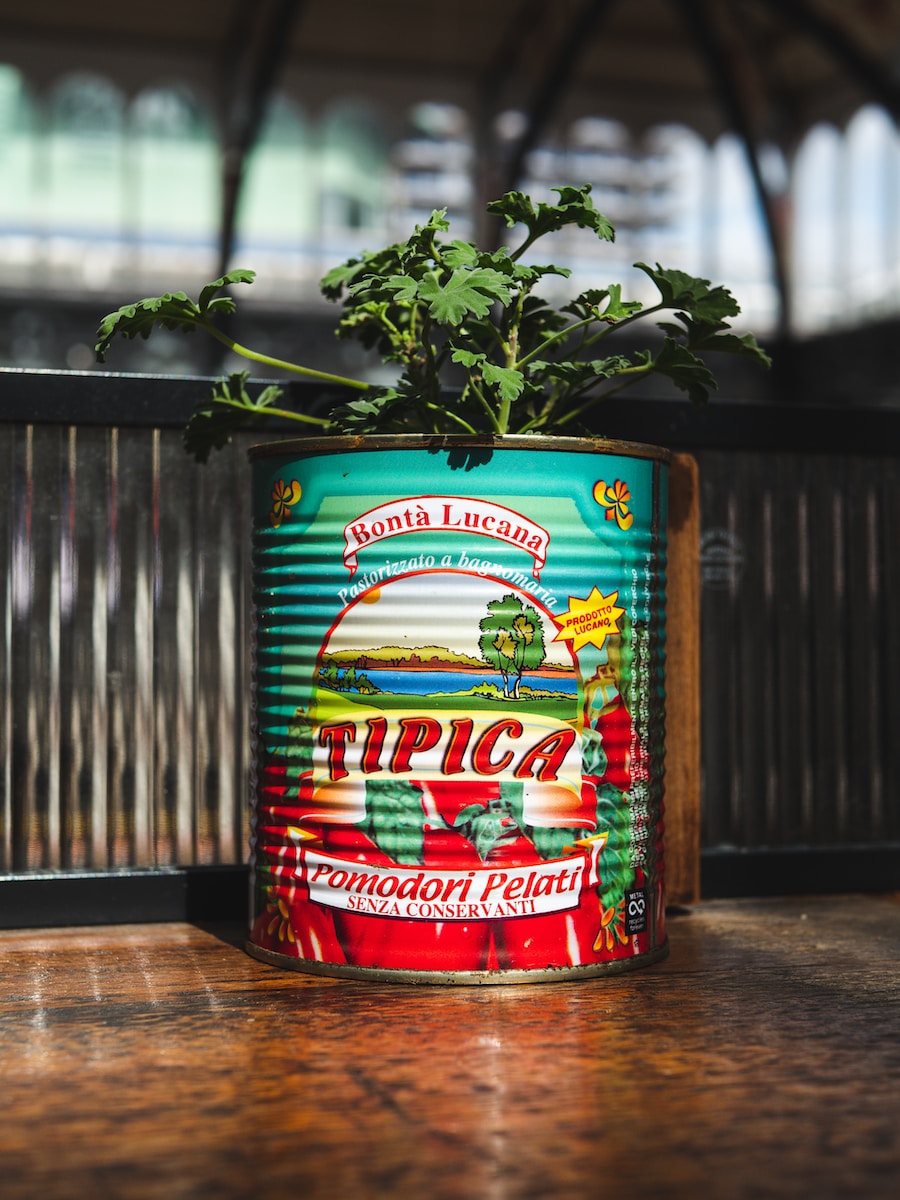
Processed Food
Process food is considered Halal when the food process ingredients are Halal. Process food is only considered Kosher when it is supervised by kosher authorities.
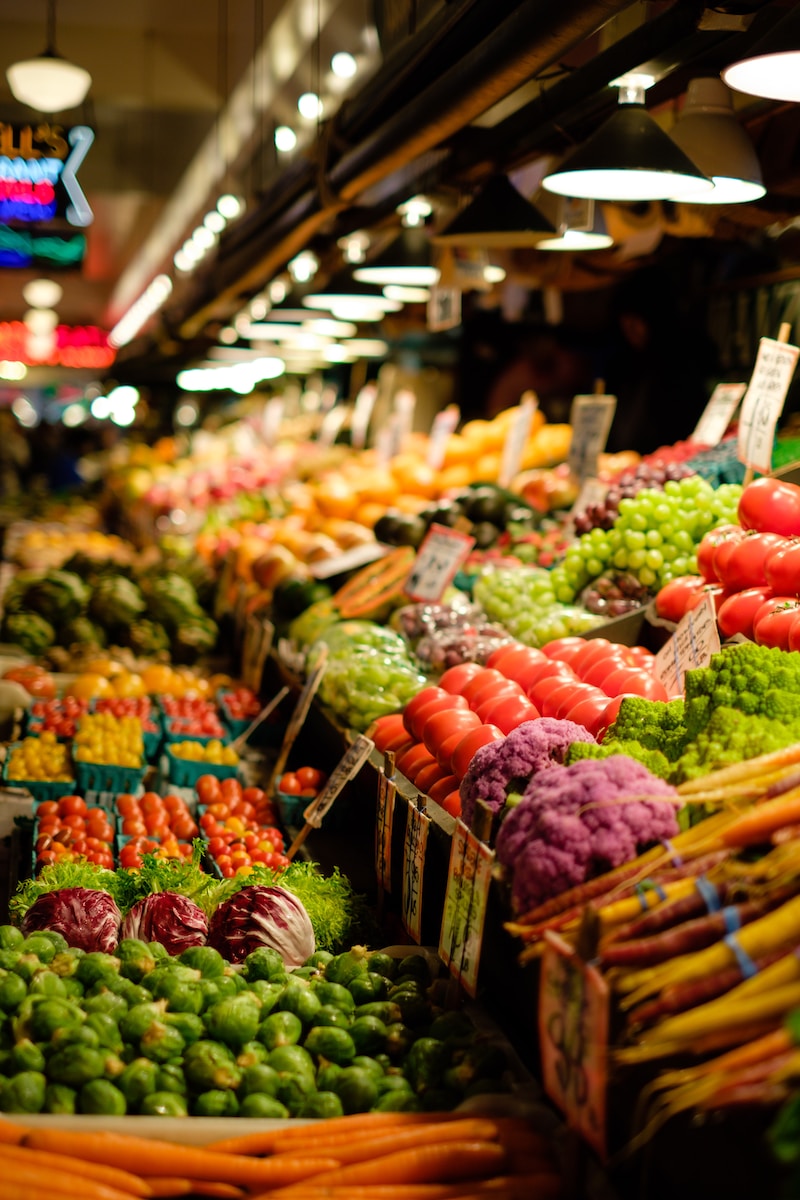
Fruits & Vegetables
Fruits and vegetables are considered Halal. They are only considered Kosher only if there are no bugs in them.
Conclusion
While kosher-certified products may appear more readily available than halal-certified ones in certain parts of the world, it’s essential not to automatically assume that kosher meat or items align with halal standards. Although halal and kosher products share certain similarities, they also exhibit distinct differences. It is important for Muslims not to casually assume that products labelled as kosher are inherently halal.
The religious aspect is only one part of it. We want to provide options to those who follow the tenets of Islam and make it easier for them to access foods.
But there are many other reasons why halal is beneficial that those who don’t follow Islam may not be aware of.
- Care of the Animal
- The Health Benefits
- Hygiene
Why do people leave their homes and voyage all over the globe?
- Challenging yourself
- Learning
- Expanding your perspective
- Getting in touch with yourself
- Appreciating your life
- Relaxing and rejuvenating
- Having an adventure


